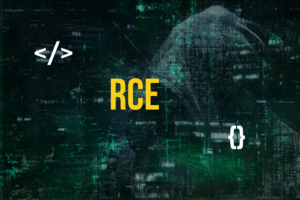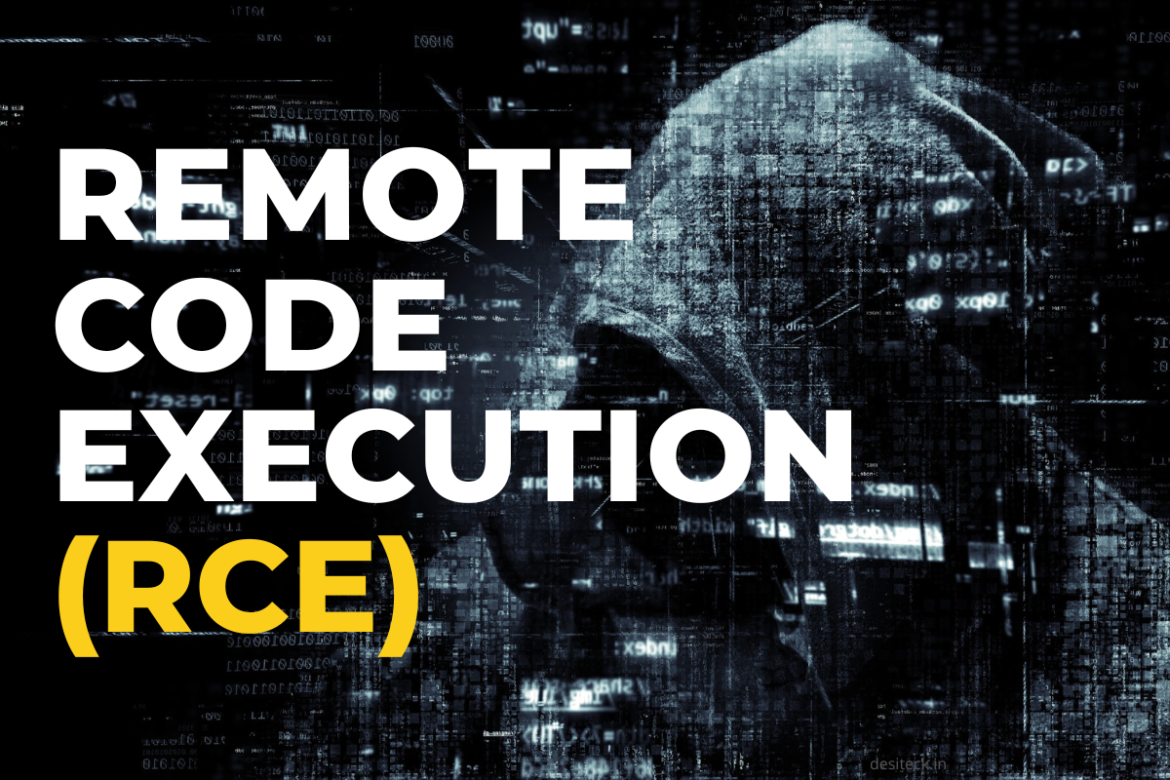Imagine a scenario where an attacker gains unauthorized access to a computer system, taking control and executing commands remotely without the user’s knowledge. This is not a work of fiction; it is a real and growing threat known as remote code execution (RCE) vulnerabilities. In this article, we will delve into the world of RCE vulnerabilities, understand their implications, and explore ways to mitigate this invisible danger.
Table of Contents
1. Introduction: The Rise of Remote Code Execution Vulnerabilities
In today’s interconnected world, where software systems power our daily lives, the risk of remote code execution vulnerabilities has become increasingly prevalent. These vulnerabilities stem from flaws in software code that allow attackers to execute arbitrary code on a target system.
2. Understanding Remote Code Execution
Remote code execution refers to the ability of an attacker to run code remotely on a target system, often taking advantage of vulnerabilities in software or web applications. By exploiting these vulnerabilities, attackers can gain control over a system, execute malicious commands, and potentially compromise sensitive data.
 3. Exploiting Remote Code Execution Vulnerabilities
3. Exploiting Remote Code Execution Vulnerabilities
Attackers exploit RCE vulnerabilities through various means, such as injecting malicious code into a web application or taking advantage of insecure network protocols. Once successful, they can execute arbitrary commands, bypass security measures, and gain unauthorized access to a system.
4. Implications of Remote Code Execution
The implications of RCE vulnerabilities are far-reaching and severe. Attackers can steal sensitive information, manipulate data, disrupt services, or even launch larger-scale attacks by leveraging compromised systems. The consequences can range from financial losses and reputational damage to legal repercussions and compromised user privacy.
5. Protecting Against Remote Code Execution
To protect against remote code execution vulnerabilities, organizations must adopt a proactive and multi-layered approach to security. This includes regular software updates, utilizing secure coding practices, implementing access controls, and employing intrusion detection systems.
6. Best Practices for Secure Coding
Developers play a crucial role in mitigating RCE vulnerabilities by following secure coding practices. These practices include input validation, proper handling of user-controlled data, utilizing safe coding libraries, and conducting regular code reviews to identify and fix potential vulnerabilities.
7. Implementing Security Measures
Organizations should prioritize security measures that focus on preventing and detecting RCE vulnerabilities. This includes implementing strong authentication mechanisms, employing firewalls, utilizing web application firewalls (WAFs), and employing network segmentation to limit the impact of potential breaches.
8. The Role of Security Testing
Regular security testing, including penetration testing and vulnerability assessments, is essential for identifying and addressing RCE vulnerabilities. By simulating real-world attack scenarios, organizations can uncover weaknesses in their systems and address them before malicious actors can exploit them.
9. Collaborating for a Secure Future
The fight against RCE vulnerabilities requires collaboration between software developers, security professionals, and organizations. Sharing knowledge, reporting vulnerabilities responsibly, and promoting a security-first mindset can help create a more secure digital landscape for everyone.
10. Conclusion
Remote code execution vulnerabilities pose a significant threat to the security and integrity of computer systems and applications. By understanding the nature of RCE vulnerabilities, implementing robust security measures, and following secure coding practices, we can fortify our digital infrastructure and protect against this invisible danger.
FAQs
Q1. How do remote code execution vulnerabilities differ from other types of security vulnerabilities?
Remote code execution vulnerabilities allow attackers to execute arbitrary code on a target system remotely. Unlike other vulnerabilities that may only grant limited access or cause specific issues, RCE vulnerabilities provide attackers with complete control over the compromised system.
Q2. Can remote code execution vulnerabilities be exploited without user interaction?
Yes, in some cases, RCE vulnerabilities can be exploited without user interaction. Attackers can leverage automated tools or send specially crafted requests to exploit these vulnerabilities silently.
Q3. Are all software applications equally vulnerable to remote code execution?
No, the vulnerability to remote code execution depends on various factors, including the security measures implemented, coding practices followed, and the complexity of the software application. However, it is crucial to consider the potential risks and address vulnerabilities proactively.
Q4. Can antivirus software alone protect against remote code execution vulnerabilities?
While antivirus software is an important security measure, it may not provide comprehensive protection against RCE vulnerabilities. A multi-layered security approach, including secure coding practices, regular software updates, and network security measures, is necessary to mitigate the risk effectively.
Q5. What should I do if I discover a remote code execution vulnerability in a software application?
If you discover a remote code execution vulnerability, it is crucial to report it responsibly to the relevant software vendor or security organization. They can investigate and address the issue to prevent potential exploitation.



